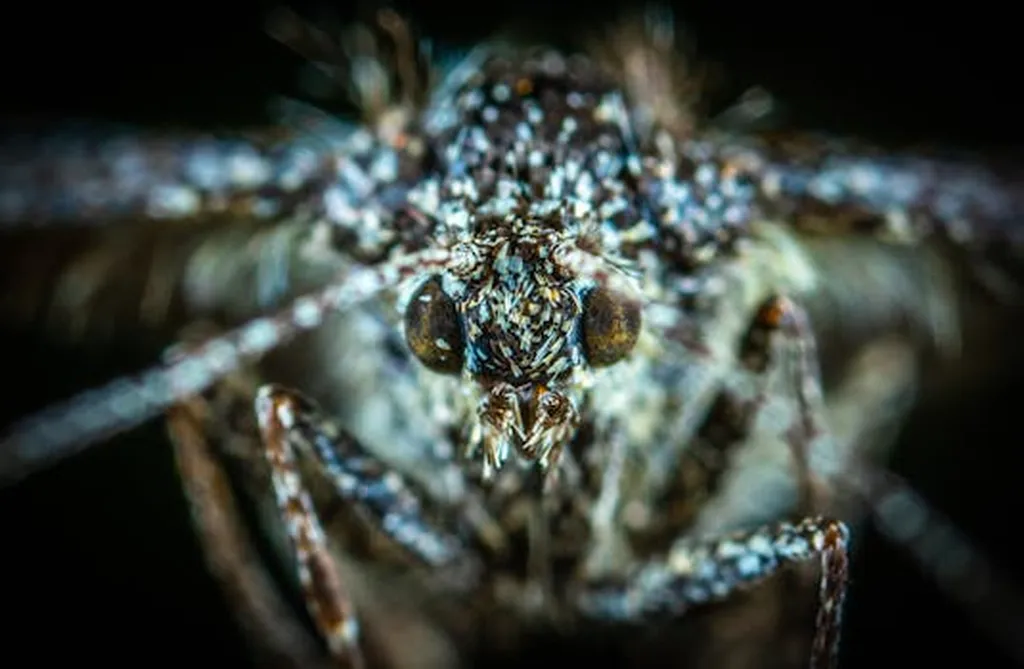In the heart of Morocco, a groundbreaking study is reshaping the way we think about pest management in cactus pear plantations. The research, led by Mohamed El Aalaoui of the National Institute of Agricultural Research in Rabat, has uncovered a sustainable and effective strategy to combat the devastating Dactylopius opuntiae, a major pest that has long plagued Opuntia spp. plantations, causing significant economic losses.
The study, published in *Frontiers in Microbiology*, evaluated the efficacy of 19 treatments, including biorational insecticides and entomopathogenic fungi, applied alone or in combinations, with or without pruning. The results are nothing short of remarkable. The combined treatment of mineral oil, black soap, Nicotiana glauca extract, and the entomopathogenic fungus Alternaria murispora, particularly when coupled with pruning, significantly enhanced fruit production, cladode production, fruit weight, and the overall visual quality of treated plants.
“Pruning played a crucial role in improving the effectiveness of treatments by facilitating coverage and enhancing plant health,” El Aalaoui explained. This integrated approach not only boosted plant health but also reduced the duration of fruit maturation and development, while drastically minimizing D. opuntiae infestation.
The commercial implications of this research are substantial. Cactus pear is a vital crop in many regions, providing a source of income for countless farmers. The economic losses caused by D. opuntiae have been a significant burden, but this new integrated pest management strategy offers a sustainable solution. By combining biological and botanical methods with pruning, farmers can enhance their crop yields and quality, leading to increased profits and a more robust agricultural sector.
This study is a beacon of hope for sustainable agriculture. It demonstrates that by harnessing the power of nature, we can effectively manage pests without resorting to harmful chemicals. The findings pave the way for future developments in the field, encouraging further research into integrated pest management strategies and biorational insecticides.
As we face the challenges of climate change and the need for sustainable practices, this research offers a glimpse into a future where agriculture is not only productive but also harmonious with the environment. The work of El Aalaoui and his team is a testament to the power of innovation and the potential of biological control methods in shaping the future of agriculture.

